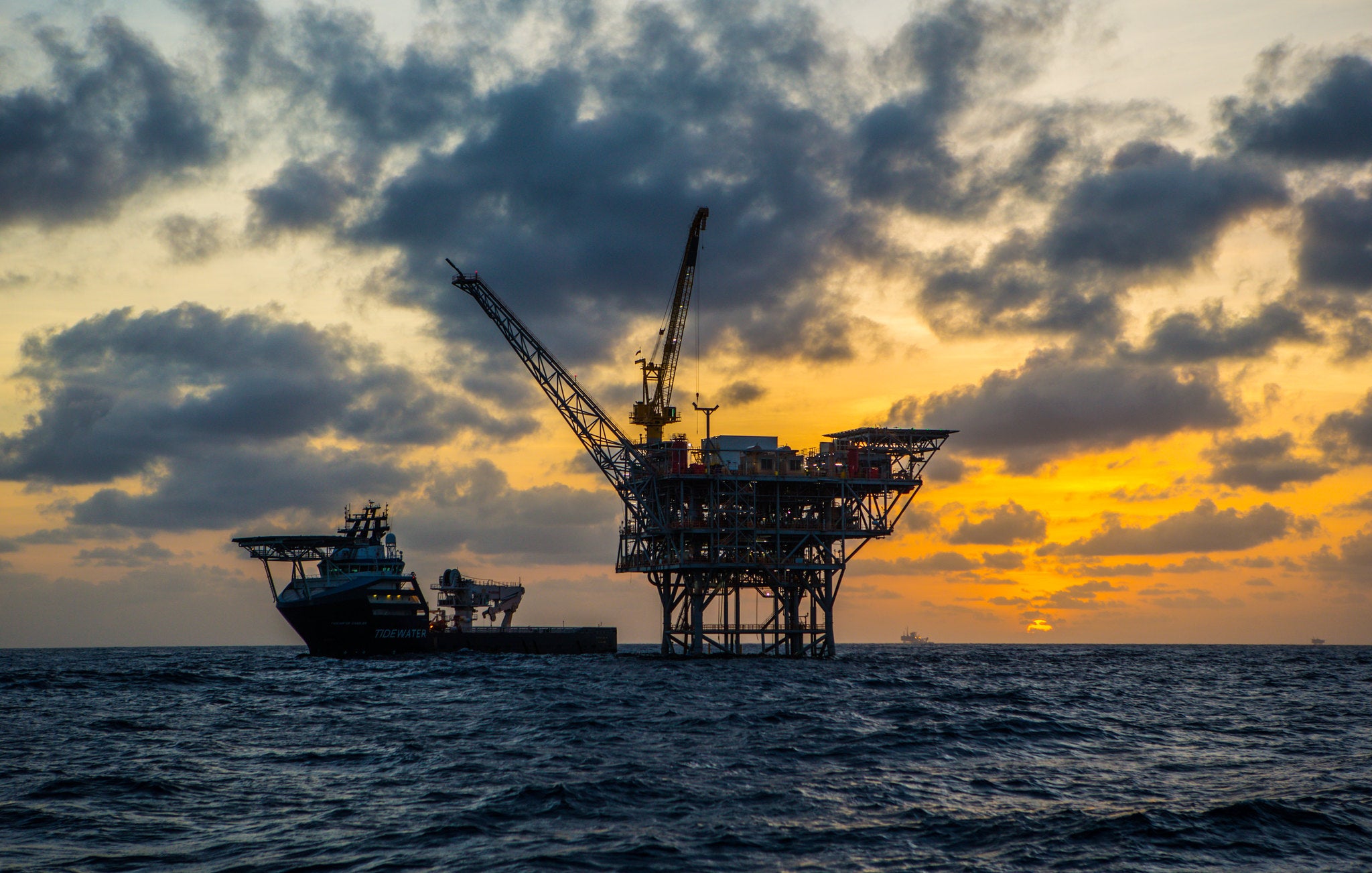Sliding oil prices pull BP and FTSE lower at the close
The FTSE 100 ended the day down 6.4 points, or 0.08%, at 7,567.07 points.

The FTSE 100 opened in fine spirits to touch a new pandemic era high but recoiled to close in the red on the back of drifting oil prices.
London’s top index had been boosted by BP posting its highest profits in eight years but the oil major lost steam, ultimately pulling the FTSE with it.
The FTSE 100 ended the day down 6.4 points, or 0.08%, at 7,567.07 points.
Michael Hewson, chief market analyst at CMC Markets said: “Despite a positive open, European markets have slipped back from their intraday highs with the FTSE 100 briefly hitting a new two year high, before slipping lower, with a decline in oil prices acting as a wider drag on the energy sector.”
Strength in the US dollar and the resumption of nuclear talks between the US and Iran appeared to be the cause of the pull-back on oil prices.
The price of Brent crude decreased by 2.59% to 90.31 US dollars per barrel when the London markets closed.
This pushed down on BP, which had earlier revealed that it swung to a mammoth 12.8 billion US dollar (£9.5 billion) underlying profit in 2021 from losses of 5.7 billion US dollars (£4.2 billion) the previous year thanks to rebounding oil and gas prices.
Shares in BP closed 9.65p lower at 399p despite it also announcing more returns for shareholders.
Elsewhere in Europe, the other key markets managed to stay afloat despite depleting levels of confidence.
The French Cac was up 0.24% and the German Dax was 0.2% higher at the end of the session.
Across the Atlantic, US stocks edged nervously higher as traders waited for key economic data, with the tech-heavy Nasdaq index particularly shaky.
“US CPI (consumer price index) inflation looms over the week, bringing with it the potential to undo any gains made before the release,” said Chris Beauchamp, chief market analyst at IG.
“As a result, no one seems too keen to buy the dip this time around, lest they find the lower liquidity levels result in a sudden lurch lower that gets the buyers chased out of their positions.”
Meanwhile, sterling made minor gains, rising against a euro which weakened after European Central Bank president Christine Lagarde tempered expectations over a potential rate rise.
The pound was up 0.01% against the US dollar to 1.355, and increased 0.02% against the euro to 1.188.
In company news, Ocado shares plunged to their lowest in almost two years after the online retail giant blamed labour shortages for holding back growth.
The company added that increased international investment could dent future profits.
Shares slipped by 182p to 1,225p as a result.
Travel firm Tui also closed lower despite posting an upbeat update which highlighting rising revenues over the last three months of 2021.
Nevertheless, shares fell by 4.6p to 255.6p after it revealed that bookings for the current quarter were impacted by the emergence of the Omicron variant of Covid-19.
The biggest risers on the FTSE 100 were IAG, up 6.06p to 167.16p, Polymetal, up 37.5p to 1,088.5p, Anglo American, up 106.5p to 3,489.5p, Intercontinental Hotels Group, up 117p to 4,982p, and St James’s Place, up 36p to 336.6p.
The biggest fallers on the FTSE 100 were Ocado, down 182p to 1,225p, Airtel Africa, down 13p to 141.7p, Shell, down 66p to 1,996p, London Stock Exchange, down 212p to 6,976p, and Croda, down 208p to 7,434p.
Subscribe to Independent Premium to bookmark this article
Want to bookmark your favourite articles and stories to read or reference later? Start your Independent Premium subscription today.
